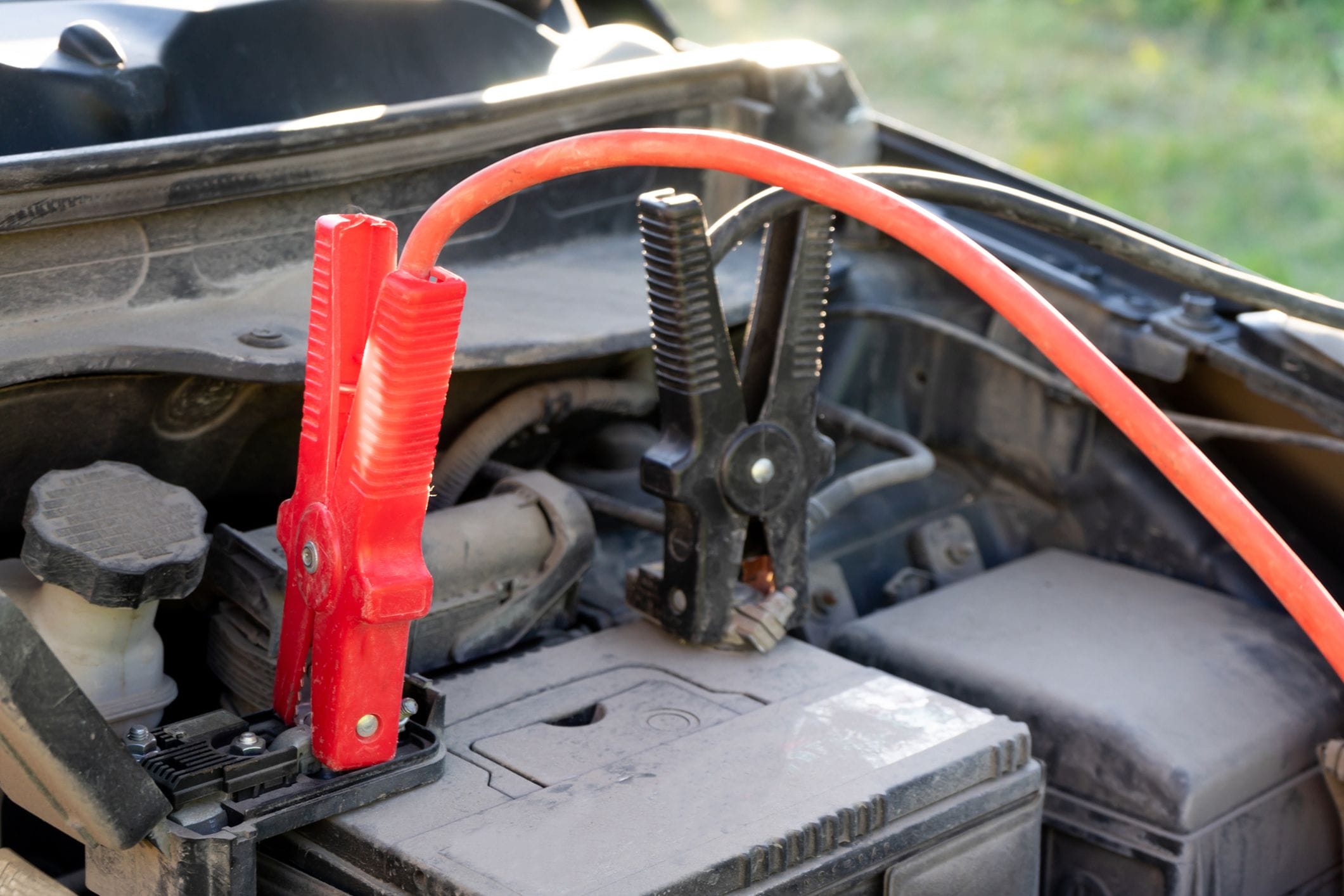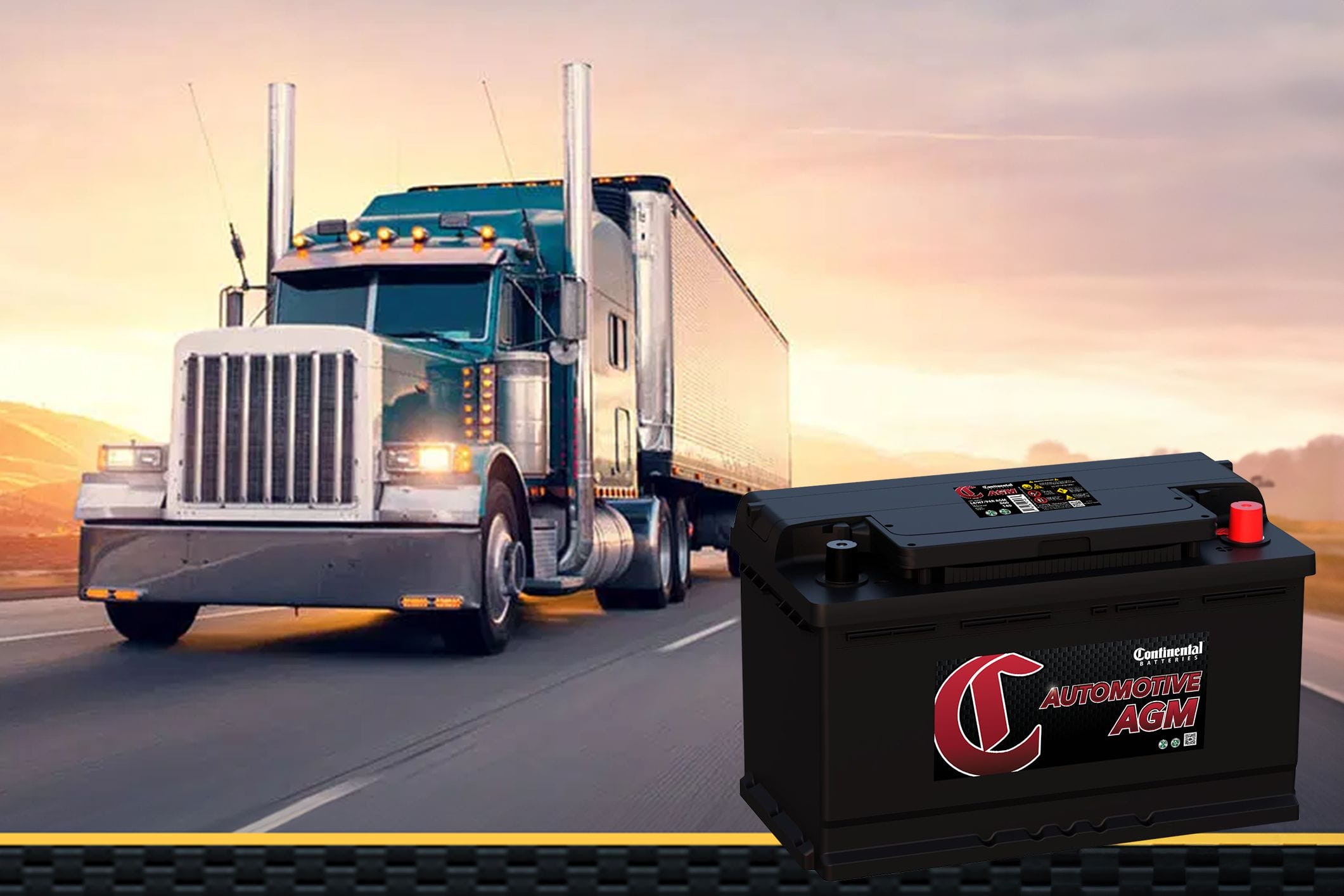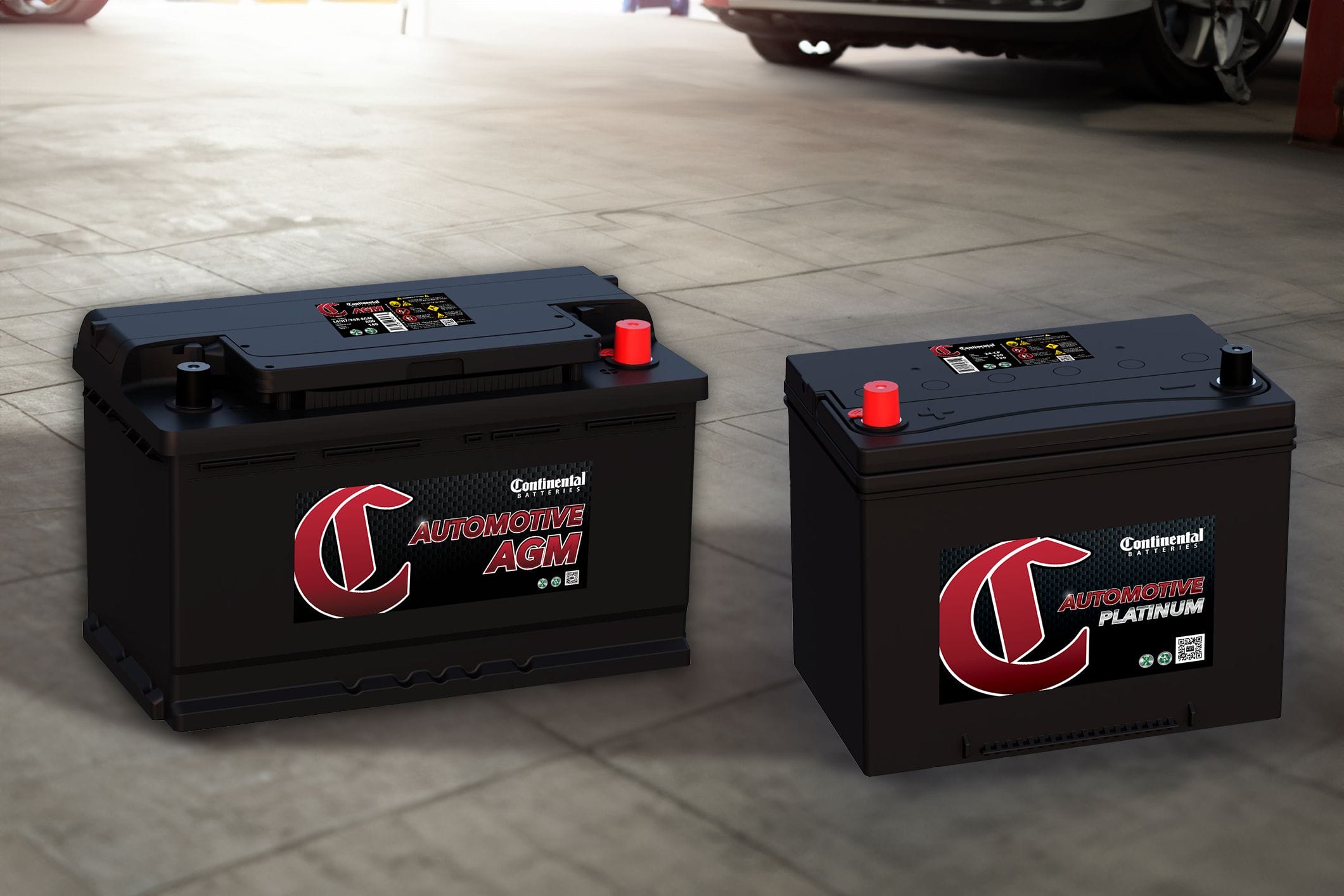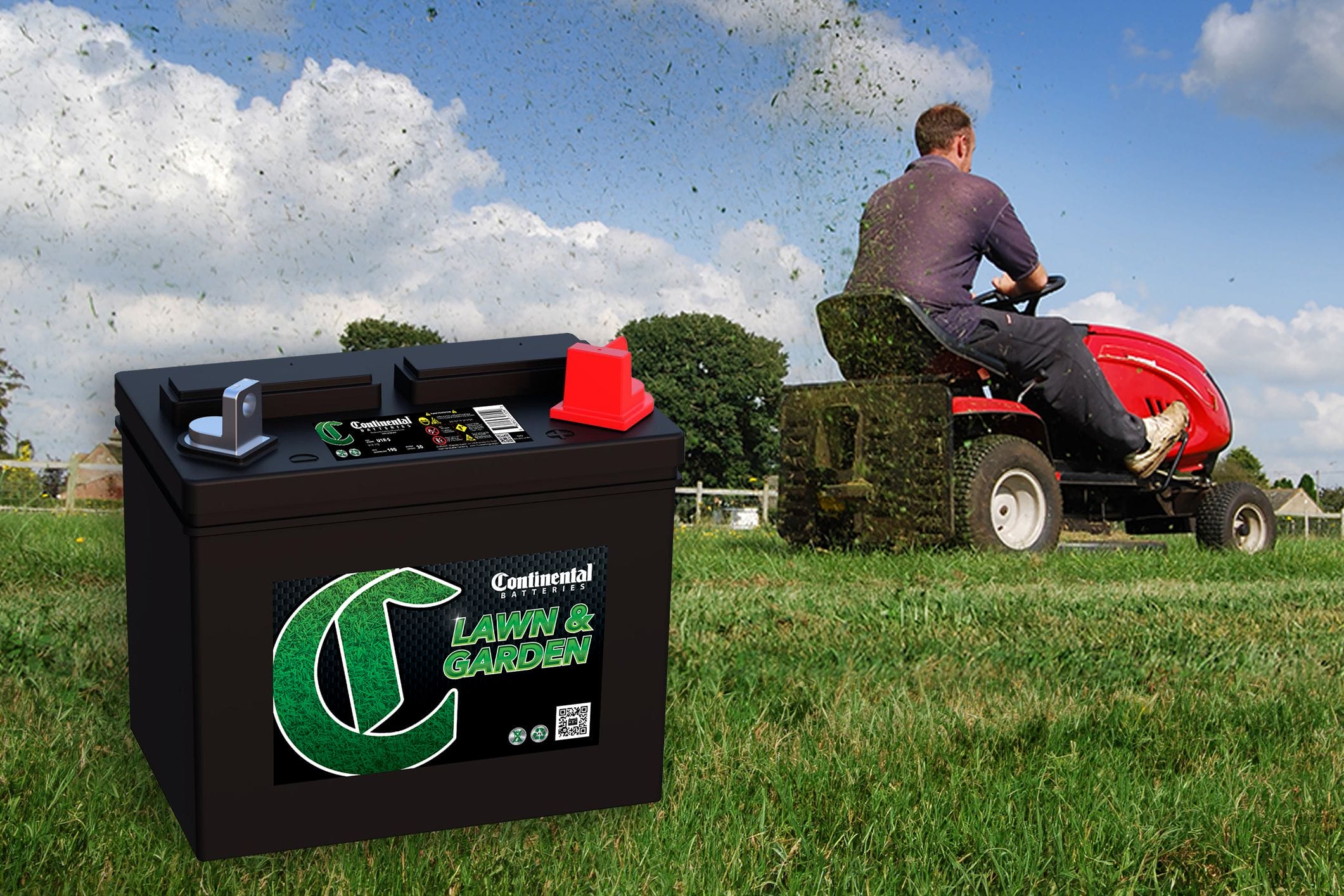
In a world where concepts such as sustainability, clean energy, and eco-friendly drive our decisions, the agricultural industry will not be left behind.
A few years ago, the idea of a battery-powered tractor seemed unimaginable, but today’s lithium-ion (Li-ion) batteries have brought the idea much closer to reality. Agricultural equipment and vehicles are being perceived in a new way, from electric tractors to agribots, batteries are taking us into the future and far afield.
Technology and Agriculture
The John Deere Company electric tractor, SESAM (Sustainable Energy Supply for Agricultural Machinery), announced a prototype in 2016, which is fed by a 150 kWh battery, weighing 1150 kg. This tractor can run for one hour at full power; i.e., 130 kW. The battery of the electric tractor takes about 3 hours to fully recharge, a factor that has design engineers working hard to improve.
AGCO Corporation, a leading manufacturer and distributor of agricultural equipment based in Duluth, Georgia, is invested in the potential future of technology for agriculture. AGCO is also electrifying some of its larger tractors, notably several from the Fendt division, although the weight of this equipment makes it a tough development challenge — it takes a lot of batteries to get to the horsepower required for certain farming tasks, such as plowing or tilling.
Monarch Electric Tractor is a fully electric, driver-optional compact tractor that received accolades this year as winner of the 2021 Golden Bridge Business and Innovation Award. The compact all-electric tractor has become a popular choice among vineyard owners.
Obviously, not everyone can run out and replace their diesel engine tractor overnight, but at least, companies like John Deer, AGCO, and Monarch have taken the concept of an electric and/or battery-powered tractors out of the future and brought it closer into the field.
Meantime, other industries are going gung-ho with battery-operated power tools and other devices many (if not most) of which are operating on lithium-ion batteries.
Why Lithium-ion Batteries?
Today’s lithium-ion (Li-ion) batteries hold more than twice the energy by weight and are 10 times cheaper than the first lithium-ion batteries introduced in 1991. The explosive growth and promise for the potential of rechargeable capacity has the industry hard at work.
All batteries create current by releasing electrons through a chemical reaction that either stores or releases a current. The names are derived from the elements used in a particular reaction such as the nickel-cadmium or NiCd battery.
Lithium became the popular chemical of choice in today’s battery world because it recharges faster, holds a charge longer, and has a longer life. An innovation that promises the next big advance for Li-ion batteries is the gold nanowires serving as an electrode. These wires are 1,000 times thinner than a human hair and withstand hundreds of thousands of charges without degrading.
Understanding Battery Power Potential
Rating the power potential of a battery has been unclear in recent years, as voltage ratings have risen beyond such common ratings of 18 or 20 volts. The question is: Are the higher voltage batteries necessarily more powerful? To answer that question, look at a battery’s amp hours.
Higher voltage doesn’t always mean greater power. Voltage varies slightly within a battery’s individual cells based on the amount of charge they hold. They can produce a higher voltage at a full charge state than low.
Equally, higher amp hours don’t guarantee you get the best run time.
When it comes down to rating the power potential of a battery, calculate its watt-hours. Multiply nominal volts by amp hours. The result is watt-hours.
An example of this would be an 18-volt battery that provides 12 amp hours of energy. The watt-hours of this battery would be 216 (18×12).
Another highly reliable guide to battery power is the work turned out by the equipment it supplies as measured in torque or maximum torque. True torque capacity is a reflection of both battery capacity as well as the quality of the equipment’s motor and the electronic controls that regulate that motor and its battery’s functions.
While many changes will likely evolve over time into the electric vehicle market, there will always be a need for batteries, especially those with powerful benefits such as the lithium-ion battery.
In the world of batteries, Continental Battery stands out as a near-century-old industry leader. If you have questions about any type of battery, tractor, harvester, or other, contact a local distributor in your area through our distribution network within the United States and Canada. Continental Battery professionals are standing by to help.






